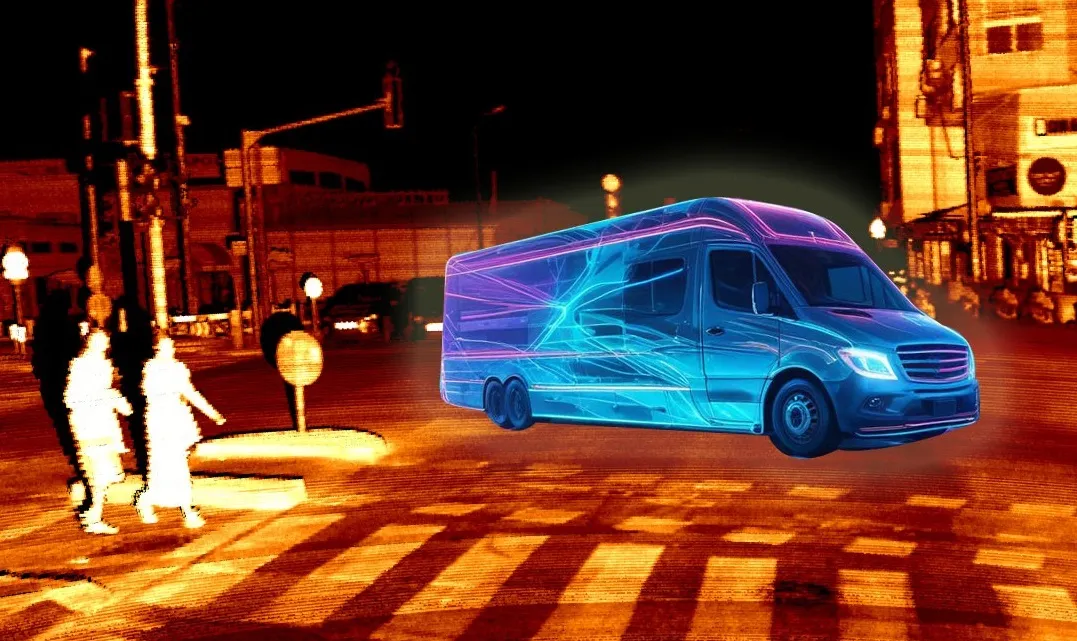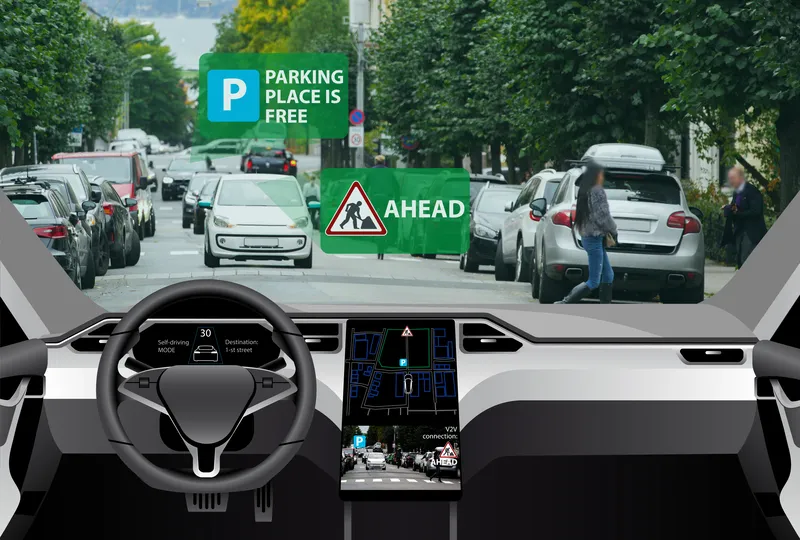
Innoviz Technologies, a supplier of automotive-grade Lidar sensors and software, said it will collaborate with an unnamed automotive manufacturer to advance its autonomous vehicle capabilities.
This agreement adds Innoviz's new short-range Lidars into the vehicle maker’s Level 4 autonomous driving platform. The company says it expects the collaboration will result in a series production nomination in the coming months, pending agreement of commercial terms.
Innoviz’s Short-Range Lidar joins the InnovizTwo product platform that includes InnovizTwo Long-Range and InnovizTwo Slim. The Short-Range Lidar, with its high-resolution detection and over 90-degree vertical field of view, is based on the InnovizTwo Long-Range architecture and is designed to meet the requirements for light commercial vehicles, shuttles, robotaxis and trucks.
“As the Level 4 market is starting to ramp up, we are happy to be able to provide a complete set of solutions to meet the needs of OEMs worldwide and support the acceleration of AV adoption across all sectors,” said Omer Keilaf, chief executive and co-founder of Innoviz Technologies.
Innoviz says the new development phase was meticulously designed over the past six months to align with the original equipment manufacturer’s stringent RFQ (Request for Quotation) requirements.
Innoviz is a Tier 1 supplier to automotive manufacturers worldwide, operating across the US, Europe and Asia.








